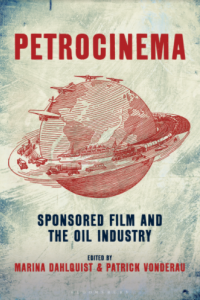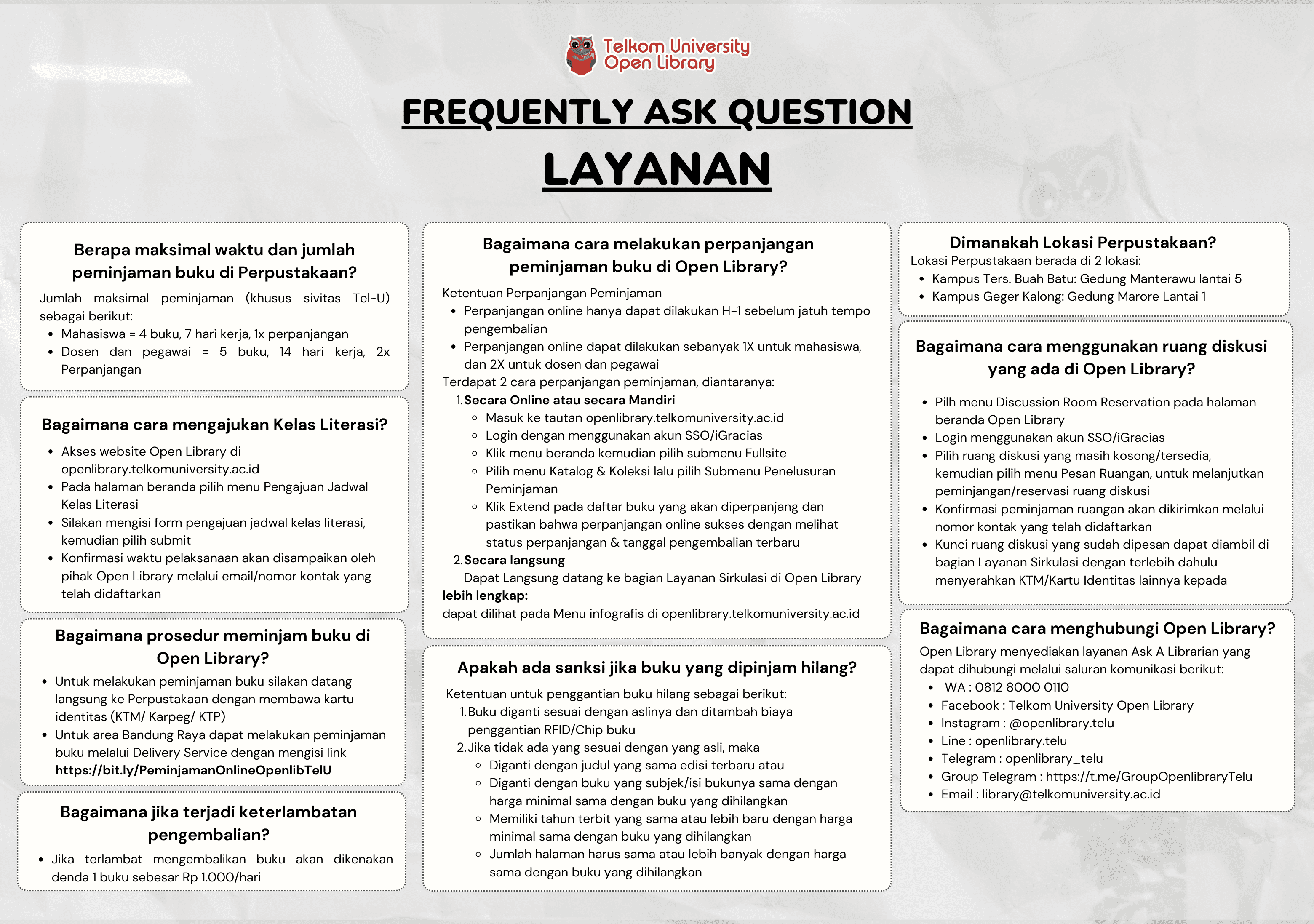Petrocinema: Sponsored Film and the Oil Industry
Marina Dahlquist, Patrick Vonderau

Informasi Umum
Kode
21.21.1998
Klasifikasi
791.437 - films. description, critical apraisal of specific films
Jenis
Buku - Elektronik (E-Book)
Subjek
Film, Sponsorship-communication In Marketing,
No. Rak
Dilihat
147 kali
Informasi Lainnya
Abstraksi
This book studies the historical relation between cinema and petroculture in order to underline the role of moving images in the way an energy regime was established in the twentieth century. “Cinema” here is approached as an “open system,”8 one whose institutional borders were both clearly defined and often contested. This includes long features that were screened theatrically alongside nontheatrical film circulating within companies, schools, or associations and later on television. Cinema contributed to the century’s dominant energy regime not so much in a direct, political, or propagandistic sense, but through forms of sponsorship and “usefulness”: by informing, educating, and entertaining. While film occasionally was used by specific social institutions to officially propagate oil as a resource or condition of modern life, it more often served to fuel the socially transformative potential of various micropolitical practices. Cinema, in other words, became a realm of activities meant to have public effect, and to shape the tenor of collective life, while not fitting into the traditional paradigms of political action, with bodily affect, social tempers, political moods, or cultural sensibilities as key targets.9 In focusing on this form of cinema as a medium for energizing micropolitical practices geared toward the adoption of petroculture, the volume seeks to demonstrate that an understanding of historical precedence, and of media history in particular, is important for managing today’s problem of energy and political agency.
- KDI1G3 - DASAR SINEMATOGRAFI
Koleksi & Sirkulasi
Tersedia 1 dari total 1 Koleksi
Anda harus log in untuk mengakses flippingbook
Pengarang
| Nama | Marina Dahlquist, Patrick Vonderau |
| Jenis | Perorangan |
| Penyunting | |
| Penerjemah |
Penerbit
| Nama | Bloomsbury Publishing |
| Kota | New York |
| Tahun | 2021 |
Sirkulasi
| Harga sewa | IDR 0,00 |
| Denda harian | IDR 0,00 |
| Jenis | Non-Sirkulasi |




















